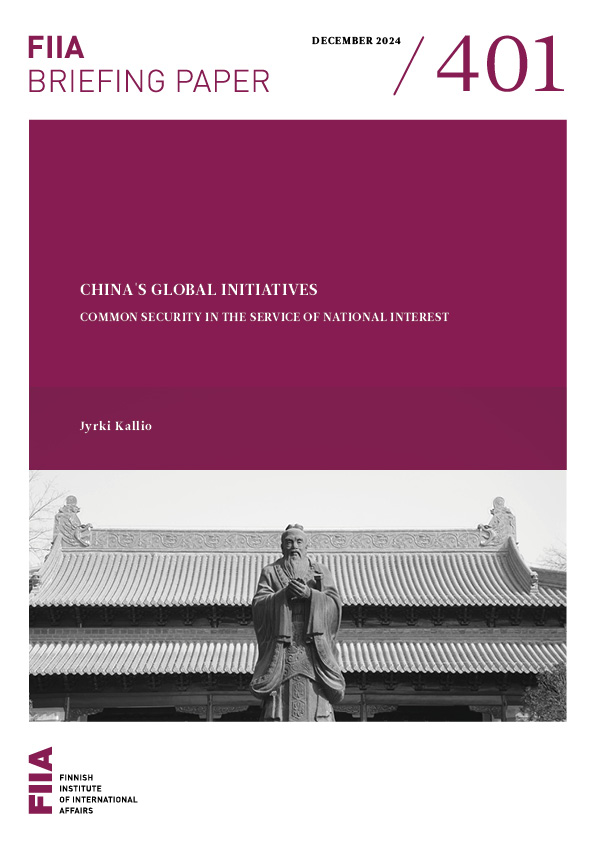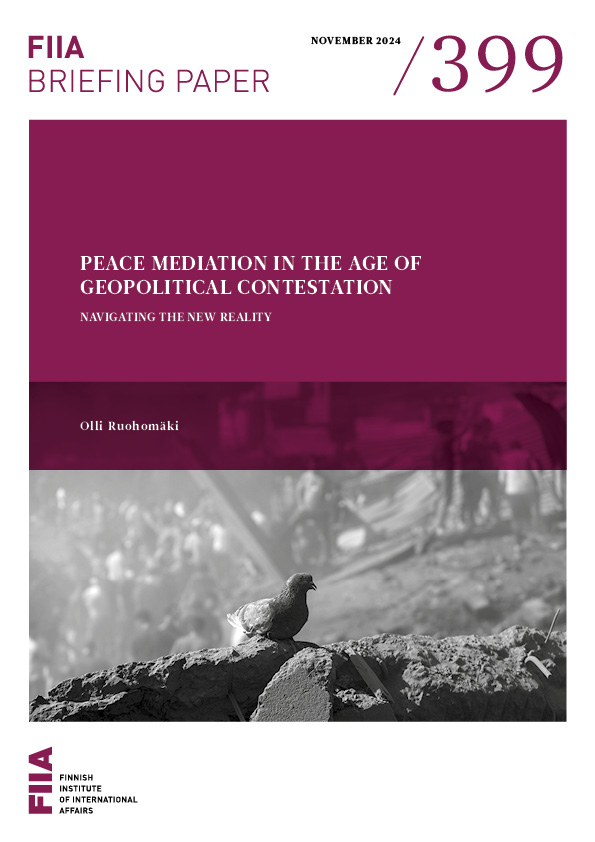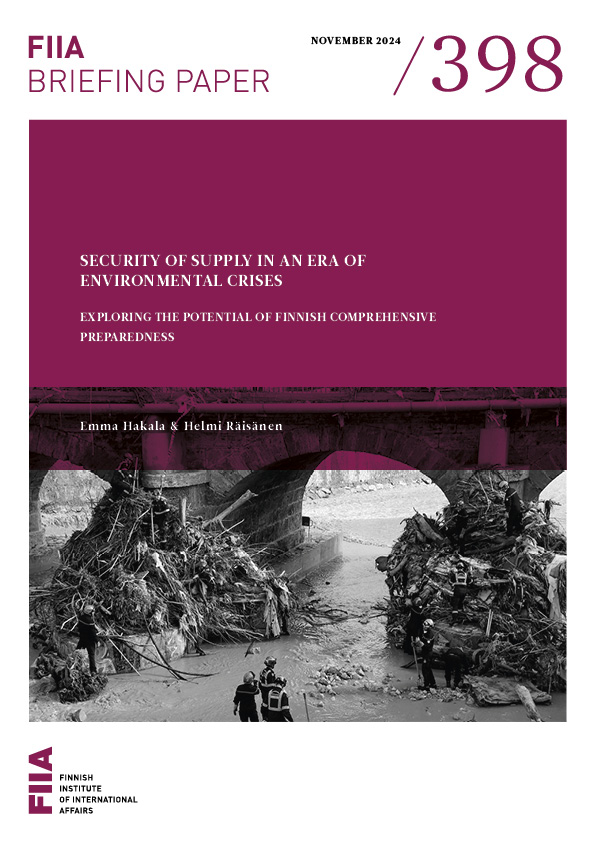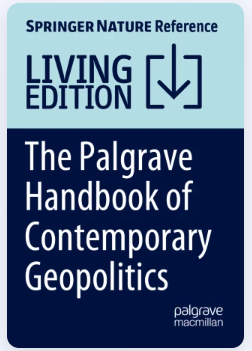Ireland’s place on the map remains constant, but its economic, political, and strategic geography is very much on the move. Unlike most transatlantic democracies in 2024, Ireland remains one of a handful of Western states continuing with a neutral security policy and military non-alignment. This chapter traces evolution in Irish geopolitical thought and foreign policy. The chapter examines the wider geopolitical context as Ireland gained its independence through an extended revolutionary period from the prospect of Home Rule from Westminster in the early 1910s to the end of its Civil War in 1923. It is argued that Irish traditions in foreign policy activism following small state interests in support of multilateral international institutions took shape from the 1930s onwards, but Irish neutrality has historically combined both idealist and pragmatic elements. Ireland pragmatically remained neutral during World War II as an act of war-avoidance. The end of World War II brought an abrupt dilemma for Irish policymakers where the USA expressed a welcome for Dublin to join NATO in the years around the alliance’s inception in 1949, but Ireland was unwilling to enter a military alliance that would involve the United Kingdom as long as the territorial dispute it perceived over Northern Ireland remained unsolved. Ireland was once a relatively peripheral and poor European country. This has changed thanks to a remarkable economic transformation over recent decades, but this has also created new geopolitical challenges on security in recent years that are perhaps unprecedented in Ireland’s independent history to date.

Eoin Micheál McNamara
Forskare
Du kan också vara intresserad

FIIA Briefing Paper
China’s global initiatives: Common security in the service of national interest






